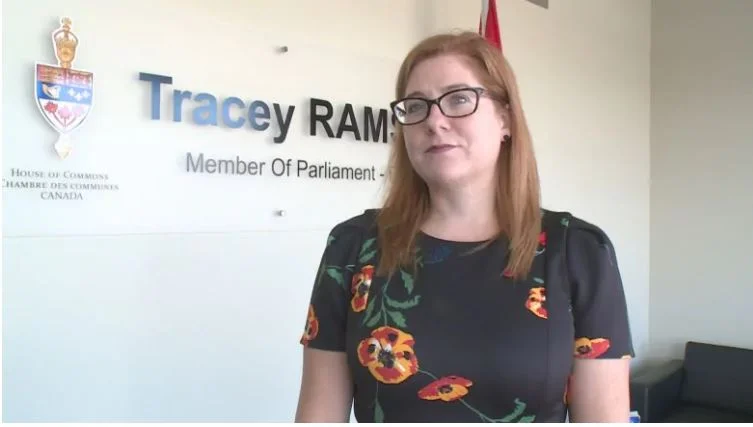A new human rights report released this week highlights Canada’s failures to address long-standing abuses, including the failure to provide clean drinking water to First Nations. The report published by the Human Rights Watch group outlines the lack of safe water access in indigenous communities across the country, despite the federal government’s promise in 2015 to end all drinking water advisories on First Nations reserves by 2021.
Get them Clean Water
Imagine, after a nice run, you go to hydrate yourself. You turn on the tap and the water that comes out is the same shade as tree bark. This is what First Nations communities have to go through on a daily basis. Clean water is not a privilege, but a human right. It doesn’t take more than a Google search to find out what’s going on in First Nations reserves across the country, yet the government of Canada seems to not be making it a priority. While we in the city complain about vaccines, masks and not being able to attend large gatherings, Indigenous communities are suffering with the lack of clean and filtered water. We all understand the importance of water. We clean ourselves with it, cook with it and hydrate ourselves with it. Seventy per cent of our body is made up of water.
My Community’s Boil Water Advisory Is Almost as Old as Me
Lately, my home community has been on my mind as I recently read reports that the Canadian government had missed its own deadline to end all boil-water advisories on First Nations reserves. I imagined the extra pandemic risks that came with a lack of clean, safe water. I wanted to find out if there was anything being done about this clear violation of basic human rights.
Canada's Indigenous communities remain under boil-water advisories amid Covid-19
Dozens of indigenous communities across Canada have still no access to drinking water more than a year into the coronavirus outbreak as the country’s liberal government has officially failed to deliver on its own five-year deadline to lift all drinking water advisories in First Nations reserves. Canada’s Auditor General Karen Hogan presented a report in February documenting the total failure of successive Canadian governments -- including Justin Trudeau’s -- to provide for Indigenous communities’ most basic needs, insisting that “Access to safe drinking water is a basic human necessity,” according to the US-based World Socialist Web Site (WSWS).
Canada Blows Deadline to Provide Clean Water, Offers Website Instead
As part of its efforts toward “reconciliation” with First Nations, the Canadian government has long heralded the significance of March 2021 as the month when it would deliver clean water infrastructure to all First Nations reserves. On Wednesday, it revised that promise. North Caribou First Nation in present day Ontario, Canada, is one of 38 First Nations communities the Canadian government says is still without a reliable supply of clean drinking water. The 800-member community has been on boil water notices off and on for decades. Yet Canada just added North Caribou to its official tally of First Nations reserves still in need of clean water on March 3.
Indigenous activist Autumn Peltier vows to hold feds accountable for 61 boil water advisories
With tears in her eyes, Peltier has also pressed Prime Minister Justin Trudeau directly about the ongoing threat that oil pipelines pose to the environment, specifically clean drinking water. “I’m kind of still holding him accountable because I’m not going to forget that,” she said. “When you think about Canada, you don’t imagine having a crisis or issue this big because we’re looked at as a rich country." The Trudeau government promised to end all long-term water boil advisories on First Nations reserves by March 2021. As of last March, 88 were lifted, but 61 still remain. Even through the pandemic, Peltier’s activism hasn’t stopped. Along with completing her school work, she’s also been empowering other youth through online events and speaking engagements.
MP calls for national strategy to protect Canada's freshwater
NDP MP Tracey Ramsey grew up on the water's edge in Essex County — and her love for the water has her pushing for a national strategy to protect freshwater across the country. According to Ramsey, the freshwater policies that currently exist haven't been updated since 1987 — too long, in her opinion.








